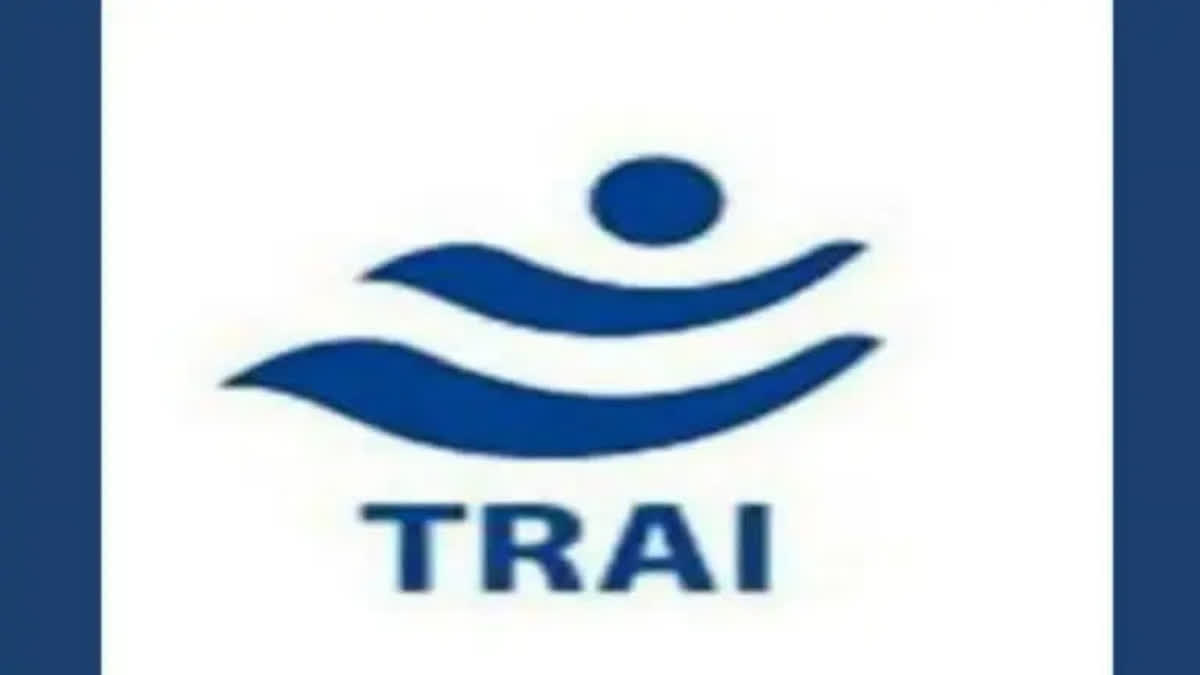New Delhi: The Telecom Regulatory Authority of India (TRAI) has imposed fines on major telecom operators, including Reliance Jio, Bharti Airtel, Vodafone Idea (Vi), and BSNL, for their failure to curb spam calls and messages. The fines, amounting to Rs 12 crore in the latest round, bring the cumulative penalties levied on these companies under the Telecom Commercial Communication Customer Preference Regulation (TCCCPR) to Rs 141 crore.
Despite repeated fines, the telecom companies have yet to make payments, prompting TRAI to direct the Department of Telecommunications (DoT) to recover the amounts by invoking the companies’ bank guarantees. However, no action has been taken by the DoT so far.
What Is TCCCPR?
Introduced in 2010, Telecom Commercial Communications Customer Preference Regulations, 2018 (TCCCPR) 2018, is a regulatory framework designed to protect consumers from spam calls and messages. It mandates telecom operators to implement robust systems to block fraudulent and promotional communications at the network level. Key provisions include
• Enabling customers to block promotional content.
• Mandatory registration for telemarketers.
• Time restrictions on promotional communications.
• Penalties for non-compliance.
Recent revisions to the regulation have focused on further safeguarding users by ensuring traceability of messages and enhancing spam-blocking mechanisms.
Telecom Operators Push Back
Telecom companies argue that they are intermediaries and not the primary source of spam, which often originates from businesses and telemarketers. Despite significant investments in spam-reduction technology, operators contend that certain entities exploit loopholes to evade regulation.
The operators also advocate for extending accountability to Over-The-Top (OTT) platforms like WhatsApp, which are increasingly used for spam communication. They assert that regulating these platforms is essential to addressing the broader issue of spam and fraud.
Raising Awareness Against Cyber Fraud
In addition to imposing fines, TRAI has instructed telecom operators to provide caller tunes promoting cybercrime awareness for the next three months. This initiative aims to educate users about potential fraud and encourage vigilance.
Challenges in Tackling Spam
Telecom operators emphasise that combating spam requires a collaborative approach involving all stakeholders, including businesses and OTT platforms. Scammers often exploit internet-based communication tools for fraudulent activities, which fall outside the current regulatory framework. Operators argue that these platforms must also be held accountable under new or expanded regulations.
TRAI is working on further enhancements to the TCCCPR to address persistent spam issues more effectively. While penalties serve as a deterrent, telecom operators stress that a comprehensive solution will require regulatory oversight across the entire ecosystem, including telecommunication networks, businesses, and OTT platforms.
As the issue of spam communication persists, TRAI’s actions underline the need for greater accountability and more robust measures to protect consumers from fraudulent activities.
